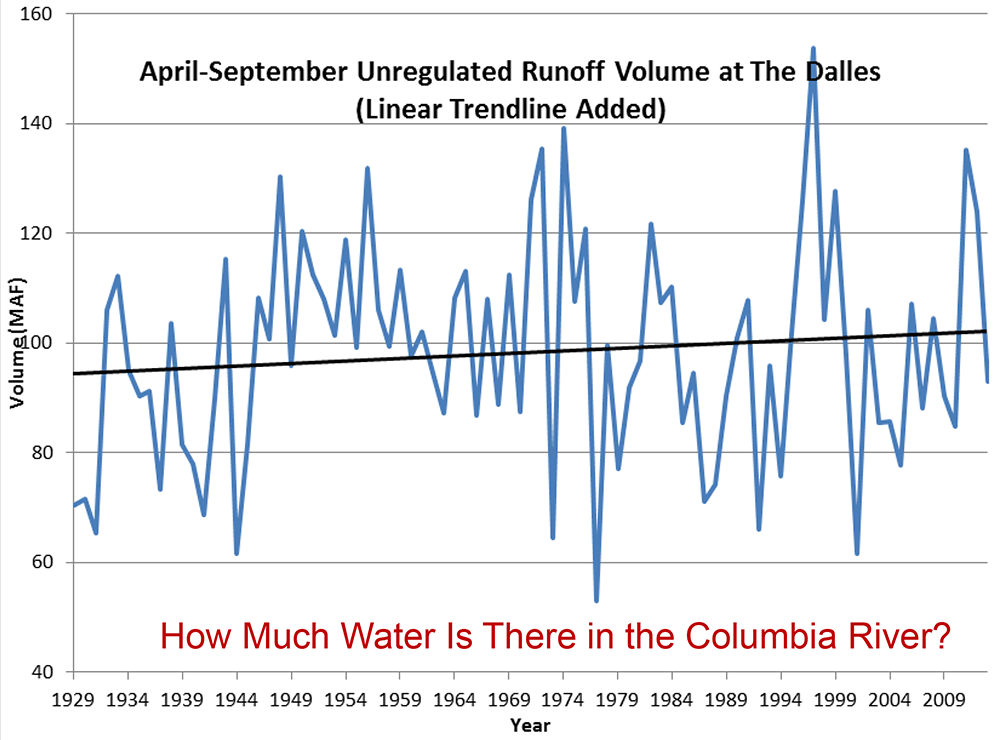Who We Are
To CSRIA Members and Prospective Members:
The Columbia-Snake River Irrigators Association:
Advancing Irrigated Agriculture and Water Resources Management
The Columbia-Snake River Irrigators Association (CSRIA) represents many of Eastern Washington’s most prominent farming operations, with its members irrigating about 300,000 acres of prime row crop, vineyard, and orchard lands. The CSRIA works directly with its sister organization, the Eastern Oregon Irrigators Association, collectively bringing about 400,000 acres of irrigated lands into bountiful production.
The CSRIA membership includes some of the largest, and some of the smallest, “direct pumpers” from the Columbia-Snake River system, relying almost exclusively on private capital to build and operate river pump stations and intricate water distribution systems. The members have farming operations that follow the Columbia-Snake River system north from the City of Brewster, reaching to the south along the John Day and McNary Pools.
Some of the members own farming operations in the Yakima Valley and within the Columbia Basin Project area, and many work with food processing companies located throughout the state and nation. The membership also includes several municipal service irrigators, including Brewster, Kennewick, West Richland, and the Kennewick Irrigation and Hospital Districts.
In economic terms, the CSRIA members annually generate about $475-600 million in state and local income. The irrigated agriculture sector purchases goods and services from numerous state economic sectors, ranging from paper products and food packaging to financial, legal, and marketing services.
The CSRIA Water Resources Management History:
The Association members have several decades of experience in water resources management and high-value agricultural production, including:
- Development of the West’s most efficient irrigation systems and management practices.
- Direct support for university and consultant research projects focusing on the environmental impacts of water use.
- Economic impact assessments of water use affecting the agricultural, municipal, hydropower, and fisheries sectors.
- The formation of Water Conservancy Boards, statewide legislation for water right changes and transfers, and the issuance of new Columbia River system water rights.
- Litigation against state and federal agencies attempting to impair state water rights.
- Widespread communications with all water users in Washington State, including municipal and commercial water users in both Eastern and Western Washington.
- Strong working relationships with the state’s legislative leaders on water issues.
CSRIA Water Policy Positions for Washington State:
State Water Policy Foundation:
- Under law, water rights are vested property rights held by persons, corporate entities, or municipalities. A healthy, functional economy demands that water rights are not infringed upon, or impaired, by governmental actions.
Water Policy Governance:
- An elected Water Resources Commission should be formed with bifurcated representation between Eastern and Western Washington. The Water Resources Program should be functionally removed from under the broad regulatory umbrella of the Dept. of Ecology.
Water Policy Administration:
- The Water Resources Program should focus on technical resource management capabilities – based on science and economics – rather than regulatory control.
- New water rights should be granted where efficient water use practices exist, other water rights are not impaired, and environmental impacts are minimal (if measurable).
- Water courts should not diminish accountability to those being served. Water court judges should be elected at the county level similar to that of existing superior court judges. Water right adjudications should be limited to site-specific or basin needs.
Legislative Changes to the Water Code:
- Active water rights – water right claims, permits, or certificates currently being put to beneficial use – should not be subject to relinquishment.
- Any water right, or a portion thereof, should not be relinquished by the state, unless intent to abandon is affirmatively made by the water right holder or the holder lacks an obvious ability to use directly the water right.
- For any “beneficial-use test” defining the validity and extent of a water right, beneficial use should include all water “savings” achieved by the water right holder through the holder’s implementation of efficiency measures or actions.
CSRIA Membership:
All CSRIA members receive monthly Board of Directors information/decision review packets, and they are invited to all CSRIA Board meetings and functions. Additional information mail-outs are provided throughout each month, for distribution of important information.
Information about CSRIA membership dues are available upon request. Click here for contact information.
To join the CSRIA, please contact Darryll Olsen, Ph.D., Board Representative, at (509) 783-1623; or leave your mailing address and contact number at (509) 783-1623. You or your company will be placed on the CSRIA mailing distribution list and invoiced accordingly. For more contact information please click here.
CSRIA 2024 Mission Statement and Key Action Items
Mission Statement
The CSRIA will “keep the water at the pumps,” and it will work to enhance access to new water supplies for its irrigation, industrial, and municipal members.
The CSRIA supports water resources projects that are economically sound and promote the direct interests of water right holders and the communities that serve our economic base.
The CSRIA supports stewardship and environmental benefits based on sound economic policies for water resources management.
